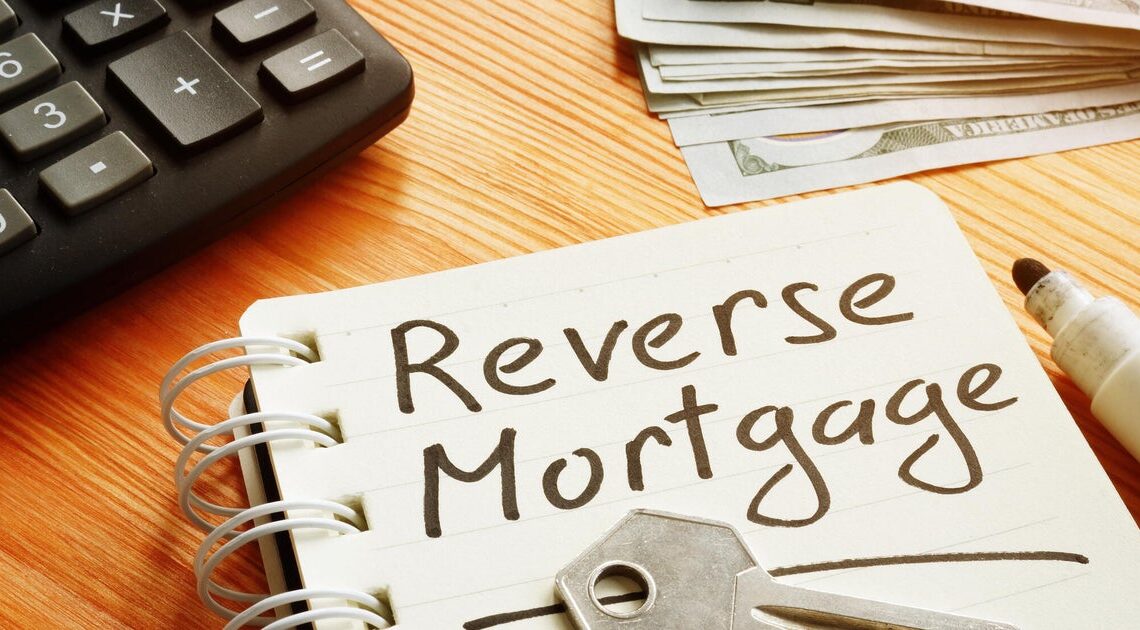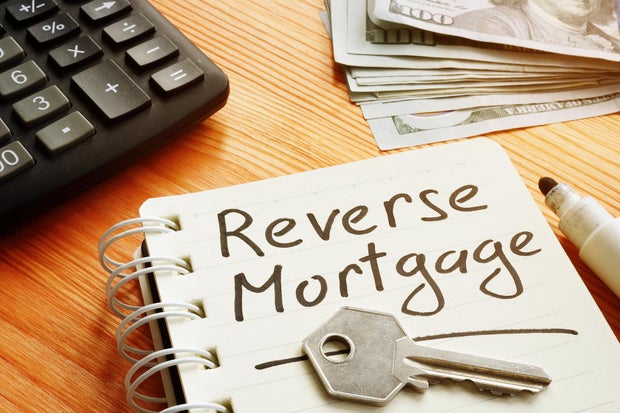
3 types of seniors who should consider a reverse mortgage this August
11. August 2025
Getty Images/iStockphoto
As we head into the fall, many seniors are reflecting on how to ensure their financial well-being over the long term. After all, with the economy in a state of flux and living costs climbing due to sticky inflation, many retirees are facing hardships they weren’t necessarily expecting, leading them to look for ways to add more to their retirement budgets. That isn’t always easy to do, though.
Retirement tools, like annuities, which provide guaranteed income for life, can be a smart route to take, but they require seniors to have a lump sum of money on hand to purchase one. And, not all seniors have access to those types of funds. But what many do have is a hefty amount of home equity — about $313,000 on average — which can be borrowed against. That, in turn, has led reverse mortgages to be moved back on many people’s radars.
For retirees who are seeking to unlock their equity, a reverse mortgage offers a viable way to borrow without facing extra monthly payments. Tapping into your home’s equity is a big decision, though, especially during your retirement years. So, what types of seniors should be looking into using this tool this August? Below, we’ll examine three groups that could benefit now.
Learn more about your top reverse mortgage loan options online now.
3 types of seniors who should consider a reverse mortgage this August
A reverse mortgage can provide funds to cover expenses like medical bills, home improvements or even daily living costs, but this type of borrowing carries certain risks, especially for the wrong types of borrowers. There are a few types of seniors, however, who may benefit the most from using this retirement tool right now:
Seniors who need to supplement their retirement income
As inflation continues to impact everyday expenses and interest rates remain high, many seniors may find that their retirement income no longer stretches as far as it once did. For those living primarily on fixed incomes such as Social Security or pension payments, a reverse mortgage can serve as a helpful supplement.
With a reverse mortgage, the funds received are tax-free, making it an attractive option for those who want to boost their monthly cash flow without having to sell their home or dip into savings. If you’re a senior on a fixed income and you’re facing increased living costs, such as higher medical expenses or increased energy bills, a reverse mortgage might provide the financial cushion you need.
Compare the reverse mortgage loan options available to you today.
Seniors who have significant equity but limited liquidity
For many older homeowners, their primary asset is their property, but their liquid savings are insufficient in terms of covering unexpected costs. If you’re sitting on a substantial amount of home equity but don’t have the cash readily available to deal with sudden expenses, a reverse mortgage might be a good way to access those funds.
This is especially relevant considering that home sales have been slowing across the nation, so selling and downsizing may be more difficult than it was for seniors over the last few years. However, home values remain high in many areas, so seniors could access the funds they need by tapping into that significant equity with a reverse mortgage instead.
And, given that a reverse mortgage allows seniors to borrow against their home without selling or making monthly payments, taking this route can be an excellent way to convert some of that equity into usable cash without the typical repayment obligations. So, if you’re a senior with a paid-off home or a low mortgage balance, the right reverse mortgage could help bridge the gap between your home equity and your need for liquid savings.
Seniors who want to age in place
Aging in place is becoming an increasingly popular option, as many seniors prefer the comfort and stability of their own home over the disruption of moving into an assisted living facility or other types of senior housing. And, if you’re a senior who wants to stay in your home as long as possible but are struggling to cover the necessary expenses to do that, a reverse mortgage can help make that a reality.
By converting your home equity into cash, you can fund necessary home repairs or modifications to ensure that your home remains a comfortable place to live as you age, allowing you to stay in your home longer. This includes things like wheelchair ramps, bathroom modifications or even simply maintaining the home’s upkeep without draining other financial resources.
The bottom line
For seniors, a reverse mortgage offers a potential financial solution that can help provide the necessary funds for a variety of reasons. And, whether it’s supplementing retirement income, accessing home equity or staying in your home longer, this August might be the perfect time to consider this option. However, it’s important to fully understand the pros and cons of taking out a reverse mortgage, as it isn’t right for everyone. If you find yourself in one of the categories mentioned above, though, this may be the time to start determining whether a reverse mortgage is the right move for you now.
